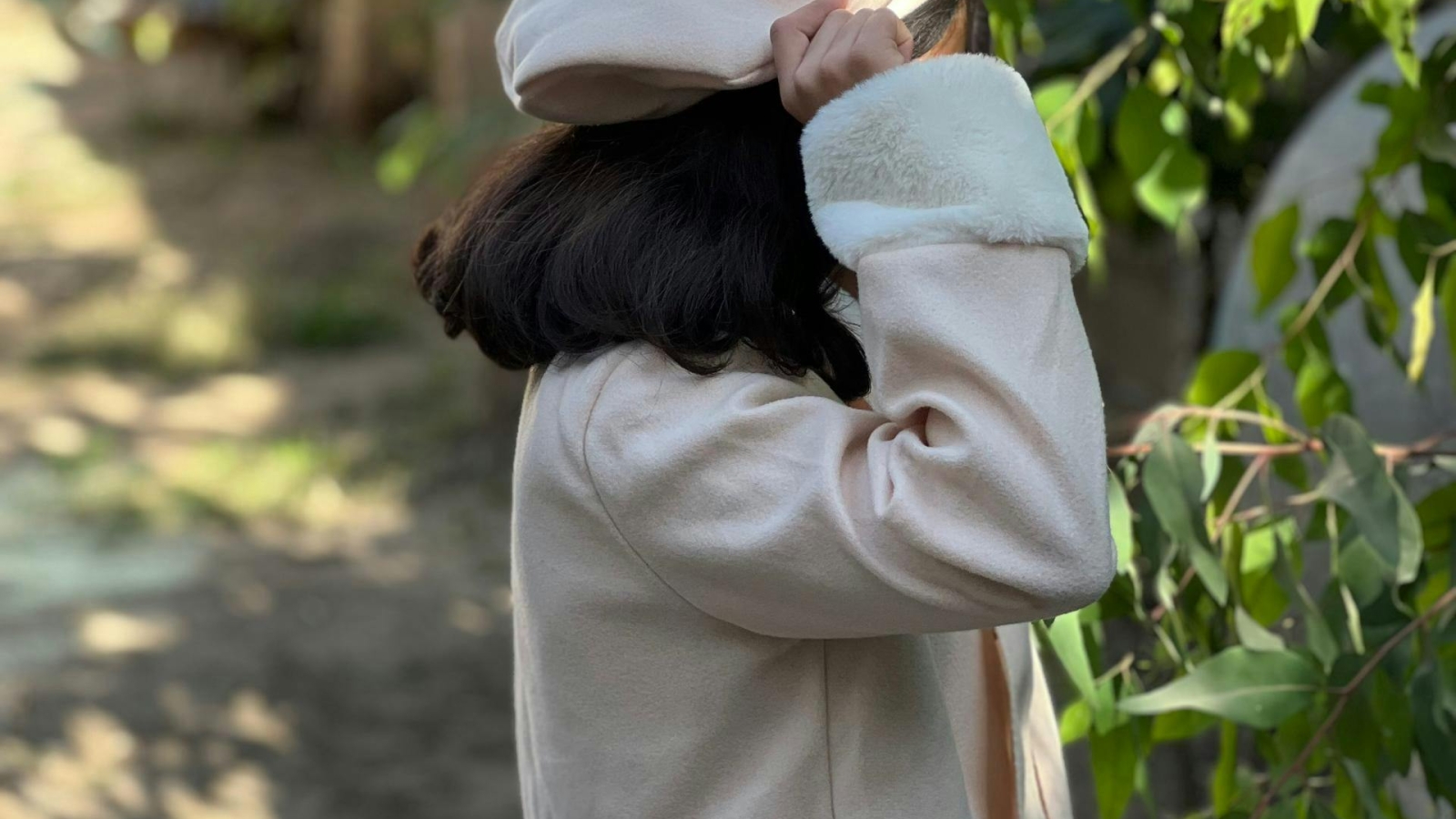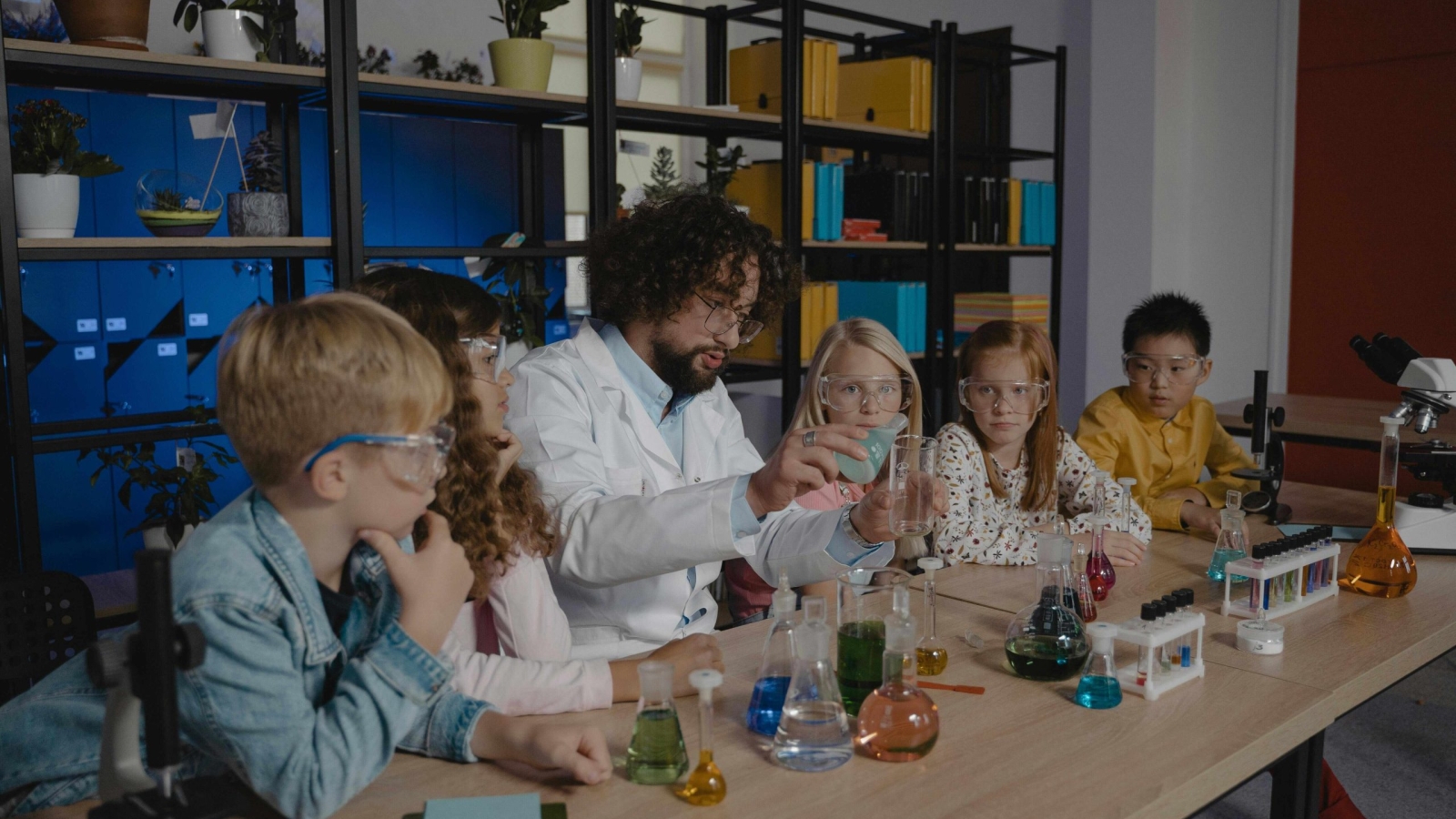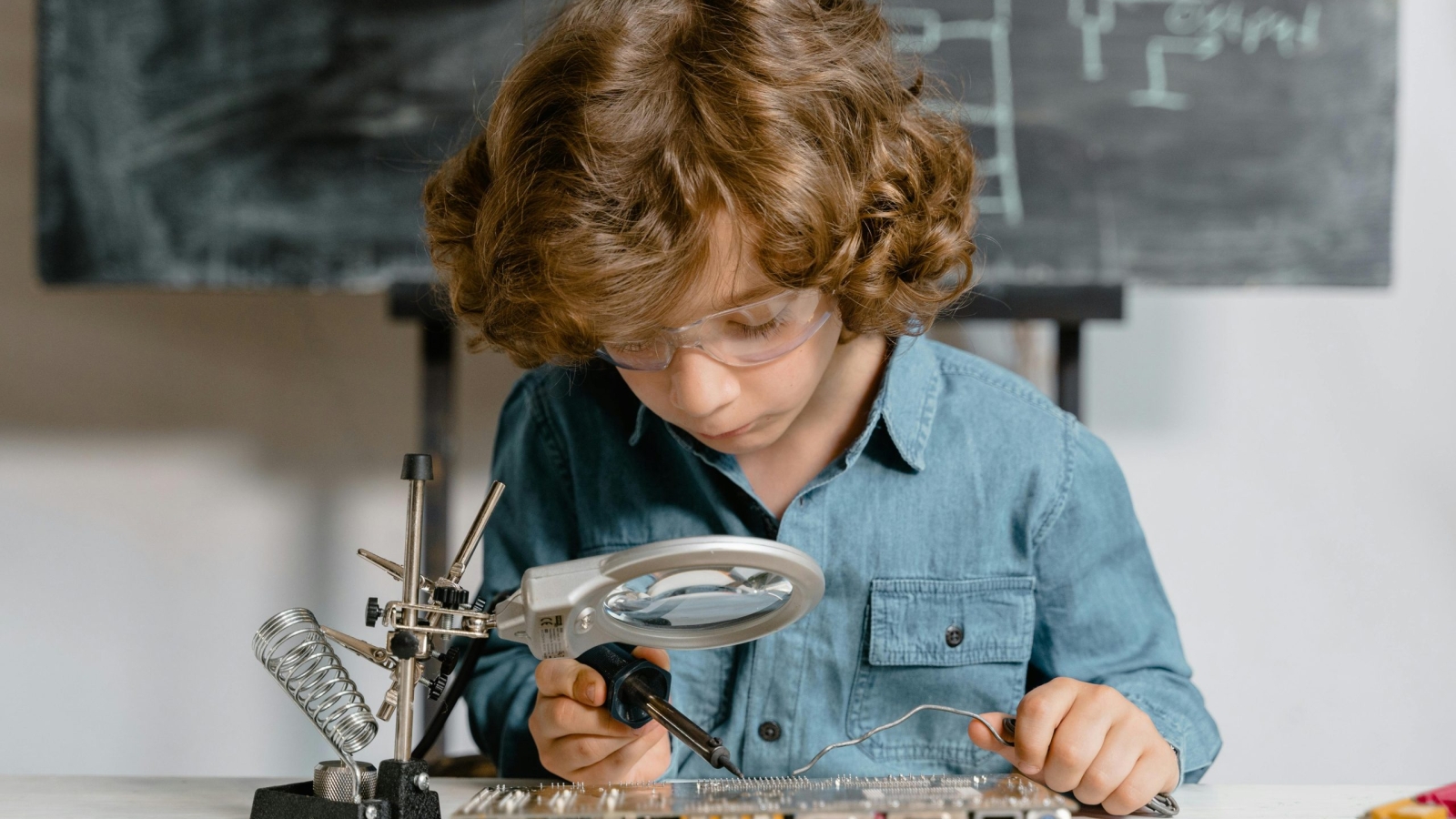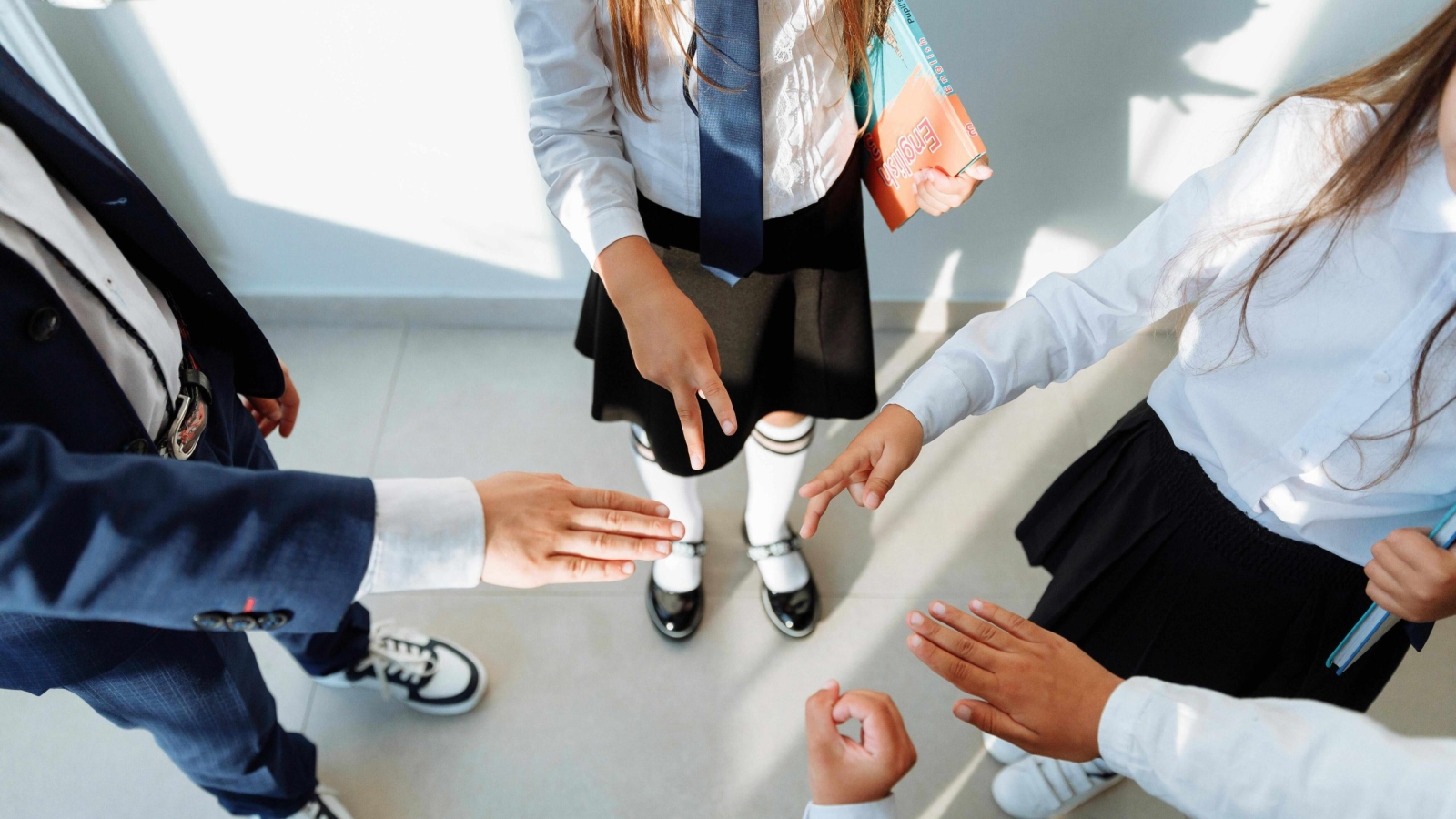In an increasingly interconnected world, cultural awareness is an essential skill for students. Understanding different traditions, histories, and perspectives helps students become open-minded and well-rounded individuals. One of the best ways to foster cultural awareness is through school trips that expose students to new environments, customs, and ways of thinking.
In this article, we’ll explore how school trips play a crucial role in developing global awareness and cultural understanding among students.
1. Learning Beyond the Classroom: Experiencing Culture Firsthand
While textbooks and classroom lessons provide valuable knowledge, there is no substitute for experiencing a culture firsthand. A school trip to a cultural site allows students to engage with history, traditions, and local communities in a way that is both immersive and memorable.
Examples of Cultural Field Trips:
- Museums and historical sites: Visiting places like heritage museums, ancient ruins, or battlefields helps students see history in a new light.
- Cultural festivals and performances: Attending traditional music, dance, or theater performances exposes students to artistic expressions from different cultures.
- Local and international cultural centers: Engaging in activities such as traditional cooking classes, storytelling sessions, or art workshops helps students appreciate different customs.
These experiences allow students to develop empathy and understanding of different cultures in ways that go beyond classroom discussions.
2. Encouraging Open-Mindedness and Global Thinking
Cultural school trips challenge students to step outside their comfort zones and experience perspectives different from their own. Exposure to new customs, languages, and traditions helps students see the world as a diverse and interconnected place.
How Cultural Trips Encourage Open-Mindedness:
- Breaking down stereotypes: Experiencing a culture firsthand helps students challenge misconceptions and see people beyond generalizations.
- Developing curiosity about the world: Seeing different ways of life inspires students to learn more about other countries, traditions, and global issues.
- Encouraging respect and appreciation: Interacting with different cultures helps students develop a sense of respect for diverse ways of life.
By engaging with other cultures, students learn to celebrate differences rather than fear them, which is essential in today’s globalized world.
3. Language Learning and Communication Skills
School trips provide an excellent opportunity for students to practice language skills in real-life situations. Whether traveling to a different country or visiting a local cultural hub, students can engage in conversations that improve their communication skills.
Benefits of Language Exposure During School Trips:
- Hearing native speakers improves listening and comprehension skills.
- Interacting with locals boosts confidence in speaking a new language.
- Experiencing cultural nuances helps students understand language in context.
Even for students not learning a second language, exposure to different languages broadens their appreciation of global communication and cultural diversity.
4. Strengthening Social and Emotional Intelligence
Cultural school trips encourage students to interact with new people and navigate unfamiliar environments, helping them develop essential social skills.
Key Social Benefits of Cultural Field Trips:
- Increased adaptability: Learning to navigate new settings helps students become more flexible and resilient.
- Improved empathy: Meeting people from different backgrounds fosters a greater understanding of global challenges and perspectives.
- Enhanced teamwork: Group activities and cultural exchanges encourage students to collaborate with their peers and local communities.
These skills prepare students for future academic, professional, and personal experiences in an increasingly multicultural society.
5. Inspiring Future Global Citizens
By exposing students to different cultures, school trips help shape globally conscious individuals who appreciate diversity and want to make a positive impact on the world.
Long-Term Impact of Cultural School Trips:
- Encouraging students to study or work abroad in the future.
- Motivating them to engage in international projects or volunteer work.
- Shaping career interests in fields like international relations, anthropology, or global business.
When students experience different cultures firsthand, they become more likely to embrace global citizenship and contribute positively to their communities and beyond.
Conclusion: The Lasting Value of Cultural School Trips
School trips that focus on cultural awareness and global learning help students develop curiosity, empathy, and a broader perspective on the world. These experiences go beyond academics—they shape students into open-minded, globally conscious individuals ready to engage with diverse cultures.
For schools looking to plan meaningful cultural trips, OEEA provides expert guidance and planning services. Visit OEEA.co.za to explore school trip options that inspire lifelong learning and global understanding. 🌍✨




